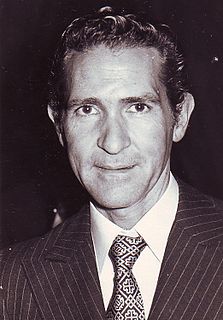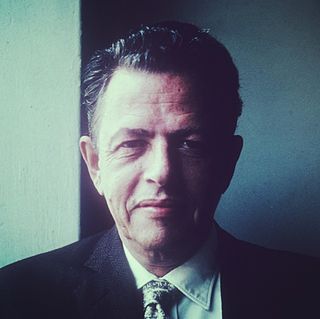A Quote by Honore de Balzac
Are not our noblest feelings as it were the poems of our will.
Related Quotes
In the new alchemy, we have a similar kind of way of thinking. Our internal space includes our intuitions, our thoughts, our senses and our feelings, and from these we construct or build a picture of the outside world. From intuition and thought, we construct time. We also construct space from thought and our sensations. From our senses and our feelings, we experience energy, and from our intuitions and our feelings, we experience motion.
Once considered an art form that called for talent, or at least a craft that called for practice, a poem now needs only sincerity. Everyone, we're assured, is a poet. Writing poetry is good for us. It expresses our inmost feelings, which is wholesome. Reading other people's poems is pointless since those aren't our own inmost feelings.
No matter who we are, no matter what our circumstances, our feelings and emotions are universal. And music has always been a great way to make people aware of that connection. It can help you open up a part of yourself and express feelings you didn't know you were feeling. It's risky to let that happen. But it's a risk you have to take-because only then will you find you're not alone.
For within livin structures defined by profit, by linear power, by institutional dehumanization, our feelings were not meant to survive. Kept around as unavoidable adjuncts or pleasant pastimes, our feelings were expected to kneel to thought as women were expected to kneel to men. But women have survived. As poets.
But we were born of risen apes, not fallen angels, and the apes were armed killers besides. And so what shall we wonder at? Our murders and massacres and missiles, and our irreconcilable regiments? Or our treaties whatever they may be worth; our symphonies however seldom they may be played; our peaceful acres, however frequently they may be converted into battlefields; our dreams however rarely they may be accomplished. The miracle of man is not how far he has sunk but how magnificently he has risen. We are known among the stars by our poems, not our corpses.
The truth about our childhood is stored up in our body, and although we can repress it, we can never alter it. Our intellect can be deceived, our feelings manipulated, and conceptions confused, and our body tricked with medication. But someday our body will present its bill, for it is as incorruptible as a child, who, still whole in spirit, will accept no compromises or excuses, and it will not stop tormenting us until we stop evading the truth.
As ephemeral as our footprints were in the sand along the river, so also were those moments of childhood caught in the photographs. And so will be our family itself, our marriage, the children who enriched it and the love that has carried us through so much. All this will be gone. What we hope will remain are these pictures, telling our brief story.
If we will admit time into our thoughts at all, the mythologies, those vestiges of ancient poems, wrecks of poems, so to speak, the world's inheritance,... these are the materials and hints for a history of the rise and progress of the race; how, from the condition of ants, it arrived at the condition of men, and arts were gradually invented. Let a thousand surmises shed some light on this story.







































